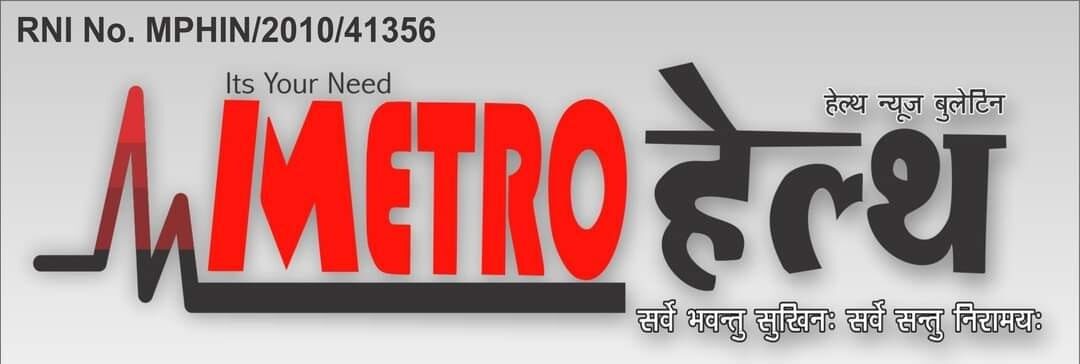Natural Black hair, and why it matters — Harvard Gazette
During a recent research trip to Cuba, sociologist Nicole Dezrea Jenkins was stopped on the street by three teary-eyed local women. The women — just a few of the dozens around the world whom Jenkins will speak to as part of her Global Crowns Project — thanked her for sharing their stories and caring about their experiences.
“There is something about having an exchange where there is an interpreter in between us but we can still connect,” she said. “It’s really powerful.”
As a qualitative researcher, Jenkins, an assistant professor of sociology at Howard University, conducts interviews and focus groups to gather and analyze data on Black women’s lives. This year, she is in the Faculty of Arts and Sciences’ Sociology Department — one of four visiting professors from Historically Black Colleges and Universities (HBCUs) supported by the FAS and the Harvard & the Legacy of Slavery Initiative — pursuing research on the cultural significance of natural hair and working on her first book.
“African American students of mine have talked about their hair, and a lot of experiences around their hair being something that is different from other young people’s hair,” said Mary Waters, John L. Loeb Professor of Sociology and interim department chair. “But it wasn’t until I sat down with Nicole that I really understood — not only that this is an interpersonal issue and an identity issue, but also the far-reaching effects of African American women’s hair and the fact that it’s legal to discriminate against somebody based on their hair. I was blown away when she told me about that!”
Jenkins is traveling to different countries — including France, Brazil, and Cuba — to interview Black women about their experiences wearing natural hairstyles and textures.
“The research I’m conducting right now is very intimate. Women are sharing experiences with me that bring out so much emotion,” she said. “I’m hearing stories of joy, where I’m busting out laughing with my participants. I’m also having moments where I’m tearing up because a woman is crying because she’s sharing a story with me about how someone made her feel terrible or embarrassed her.”
As part of her work, Jenkins has incorporated AI to help her during and after the interview process, particularly for those conversations conducted in languages other than English. “With these multilingual interviews, the use of AI makes this a nearly seamless process,” she said.
As a researcher, Jenkins not only leverages AI tools for translation and transcription, but also helps her with coding.
“Along with the interviews, we want to identify patterns in what folks are saying, and AI technology can do that really well. This is not something that is just easily a one-off and it’s done,” she explained. “You have to really work. AI is like a calculator; you have to know what numbers to input and what problem you’re solving. To use AI the same way, you have to know how to prompt the AI work with these tools.”
Jenkins acknowledged that some scholars are hesitant to employ AI, but she encouraged them to embrace the tools for their scholarship.“I’m hoping that researchers will use these tools not just to save money … but to be able to expand the scope of what we could do by saving costs in these other areas,” like transcription and translation, she said.
While at Harvard, Jenkins is also working on a book based on a two-year ethnography project she conducted at an African braiding and weaving hair salon in Las Vegas. With a semester under her belt, Jenkins said the resources she’s been provided at Harvard for her book and research have “propelled me to be very productive.”
She and Waters underscored the importance of scholarly exchanges between HBCUs and institutions like Harvard.
“I’m really hopeful that these exchange programs will set up longer-lasting relationships, so that we can visit each other and share our research,” Waters said.
“The exchange between faculty and students in these collaborations is really important for a number of reasons. Providing opportunities for networking across institutions provides more opportunities for collaborative work, whether through research publications or teaching. There’s a lot to learn from HBCU faculty, and students from Harvard could really benefit from being exposed to them,” Jenkins added.
Source link


